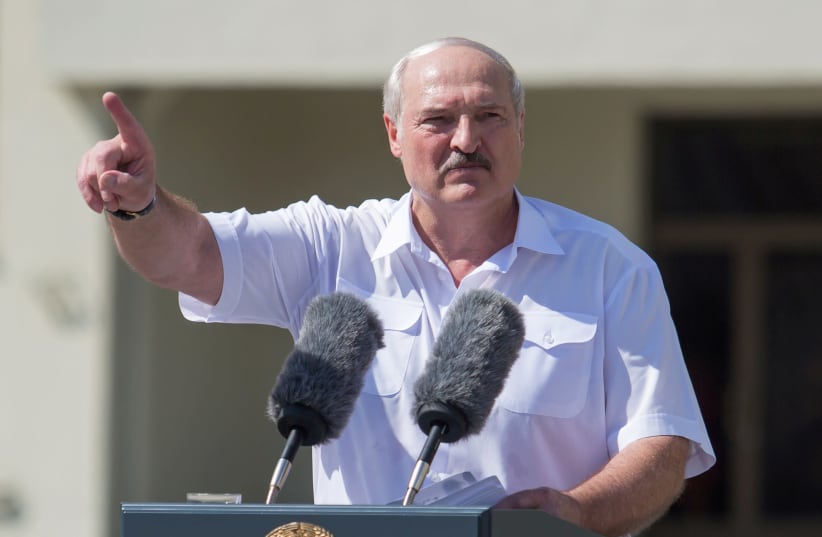Will Belarus's Lukashenko cling to power with the Kremlin's help?
Lukashenko, apparently emboldened after speaking twice by telephone with Russian President Vladimir Putin at the weekend, began a political counter-offensive on Sunday with his own public rally.
